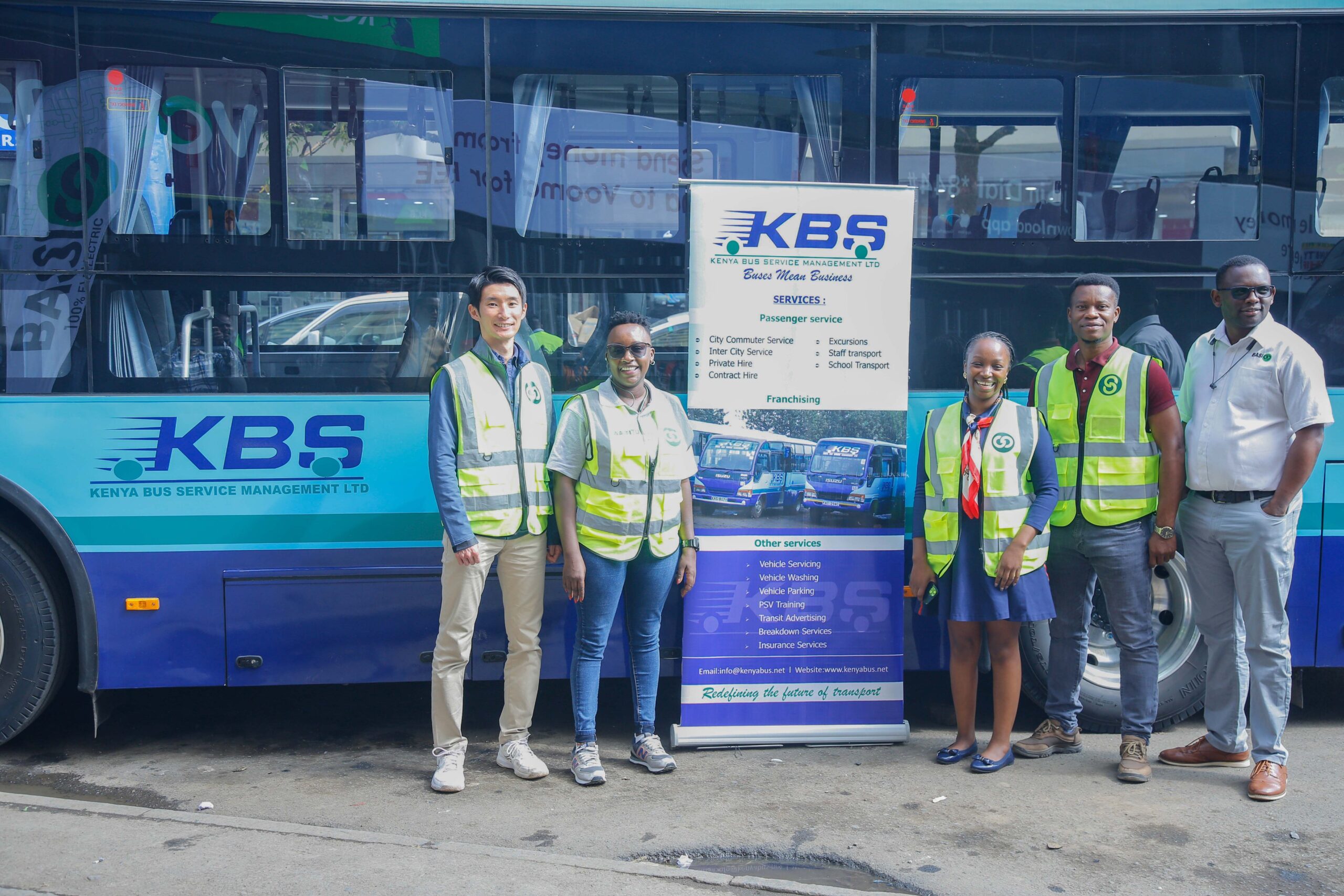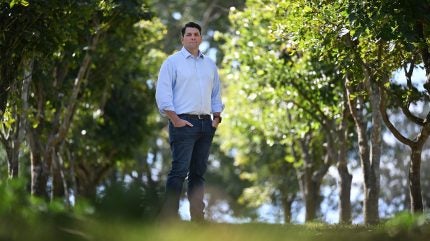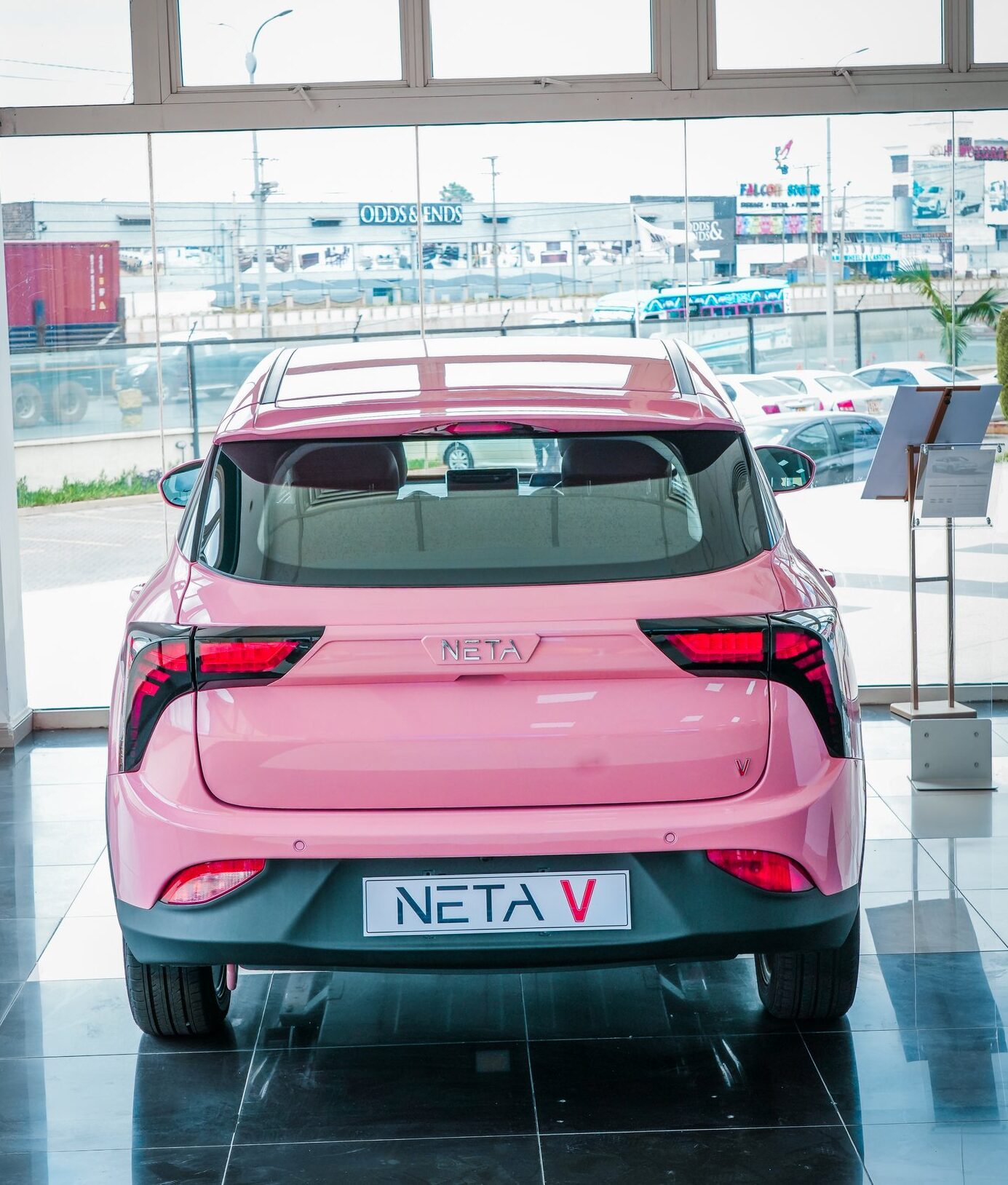
The Deal
US-based batteries company Redwood Materials has raised more than $1bn in Series D shares in its most recent equity funding round.
The round was co-led by asset manager Goldman Sachs, as well as Capricorn Investment Group’s technology impact fund. Funds and accounts were advised by T.Rowe Price Associates.
The details
Redwood has now raised nearly $2bn of private equity capital and has also secured an additional $2bn loan commitment from the US Department of Energy.
Dipender Saluja, managing partner at Capricorn’s Technology Impact Fund, said in a press statement: “Having invested in electric cars and airplanes, battery technology, and power electronics for over two decades, we’ve had a front-row seat to the evolution of clean energy technology and electric mobility.
“Redwood Materials emerges as one of the most pivotal companies in this space. Their commitment to creating a sustainable battery materials supply chain is not only an impressive continuation of that legacy but also a crucial step for our clean energy future.”
According to Redwood, the funds will be used to continue building its output capacity. It also plans to expand its domestic battery supply chain, which will allow customers to purchase battery materials made in the US.
Why it matters
Redwood’s plans to boost domestic production are in line with recent changes to climate and environmental policy in the US. Last August the Government signed into law the Inflation Reduction Act (IRA) to compete with Chinese dominance within clean energy supply chains. The IRA offers subsidies and tax breaks to companies that source supplies for and manufacture clean energy technologies within North America.
The IRA has already begun to shake-up the international clean energy market, with companies beginning to move operations to the US. Several carmakers and battery producers, including AMTE Power, Stellantis, and Nissan have announced potential plans to move production from the UK, which has significantly less competitive climate policy, to the US.
Our signals coverage is powered by GlobalData’s Thematic Engine, which tags millions of data items across six alternative datasets – patents, jobs, deals, company filings, social media mentions and news – to themes, sectors and companies. These signals enhance our predictive capabilities, helping us to identify the most disruptive threats across each of the sectors we cover and the companies best placed to succeed.




